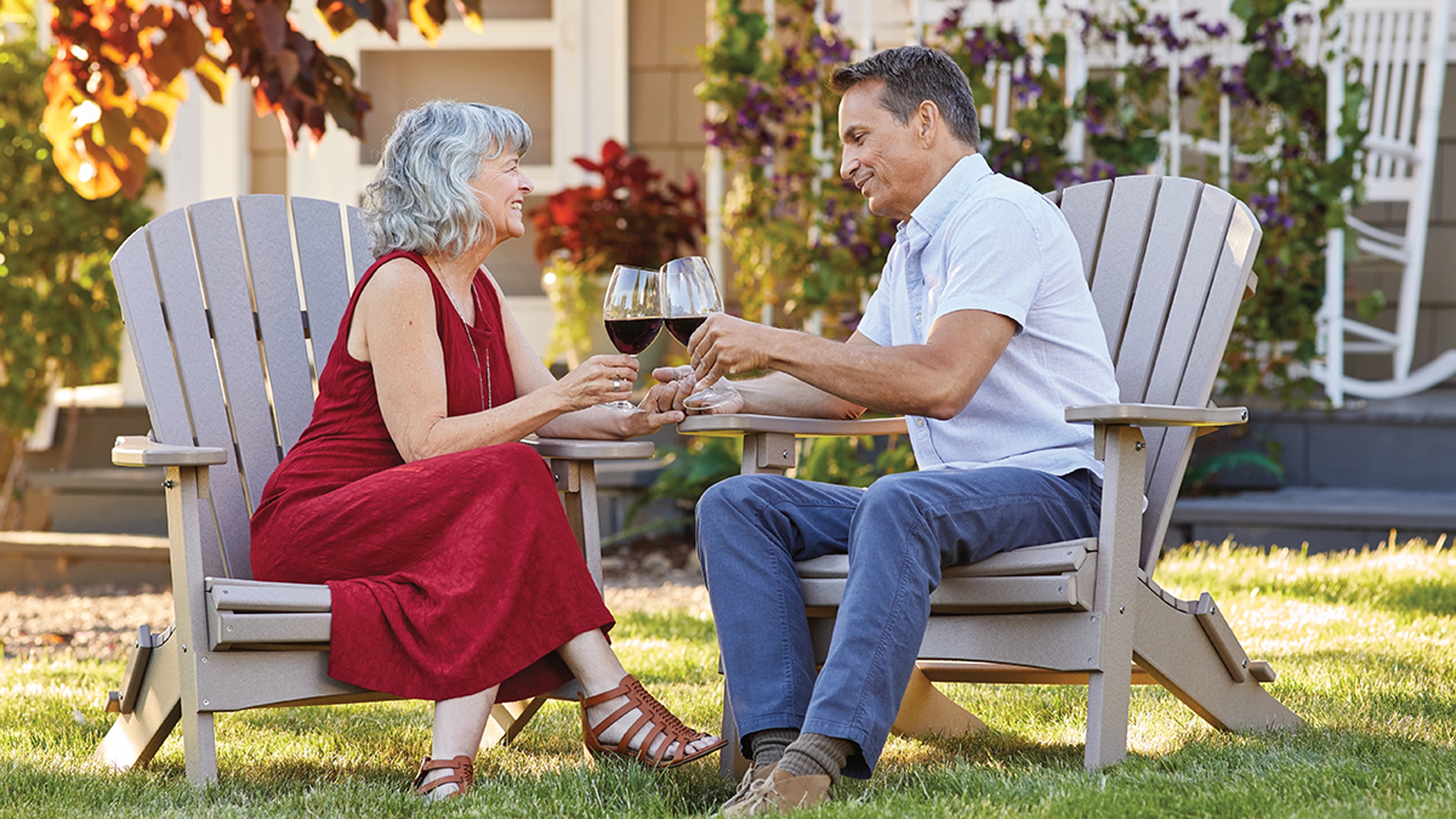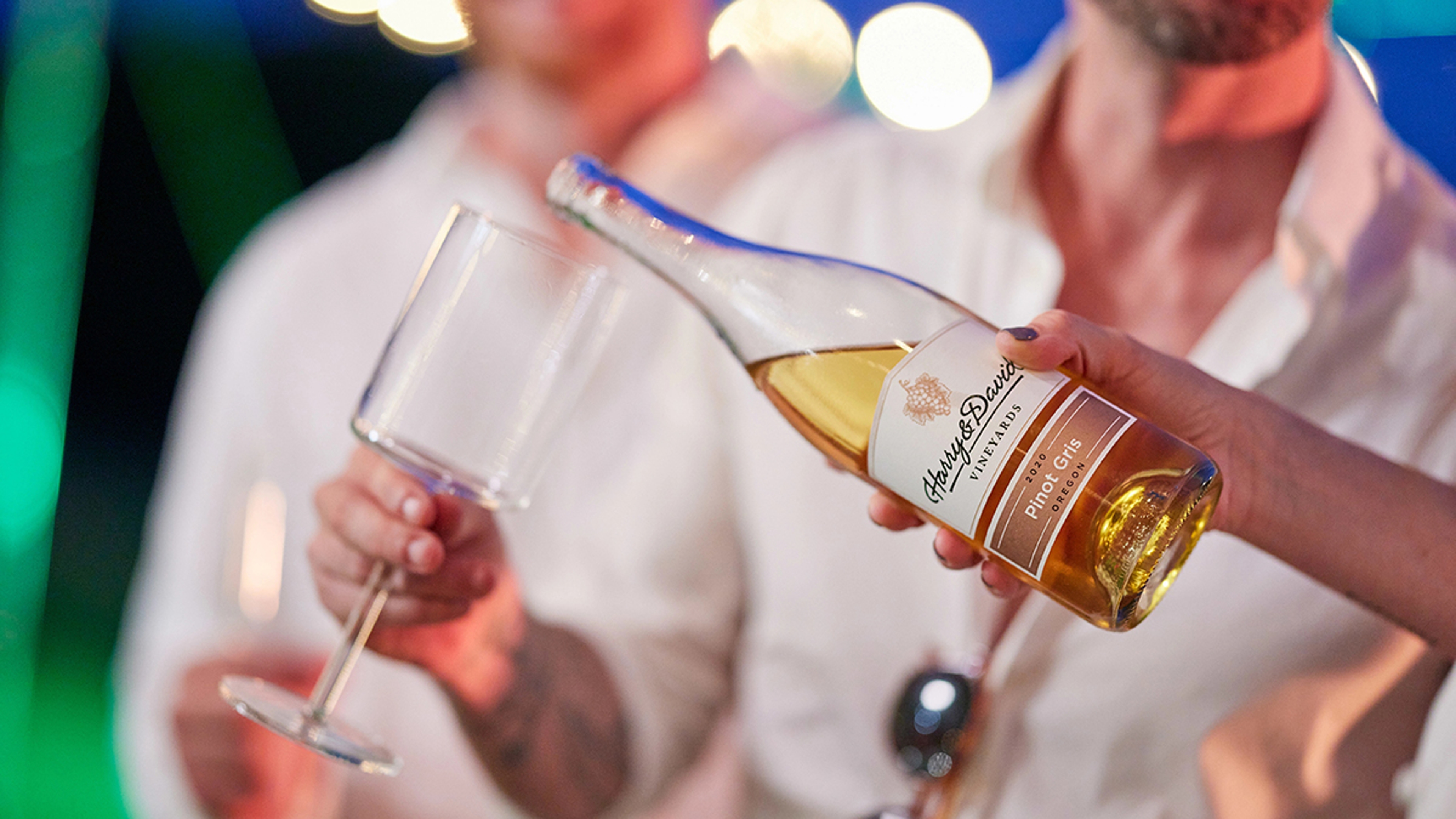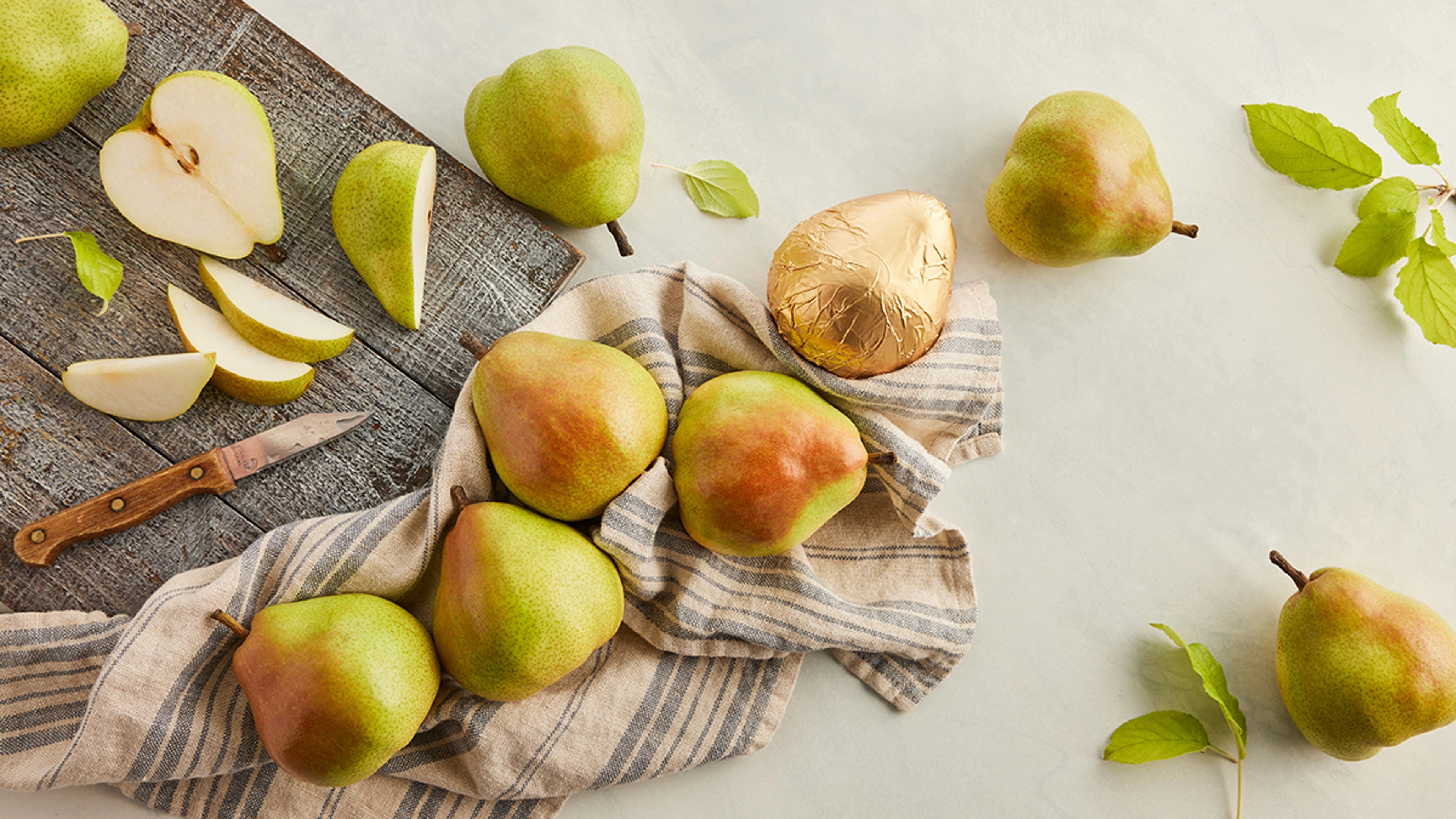The short answer is, yes, of course it does.
But “How long does it take to go bad?” “How quickly does it go bad once it opens?” and “Just how does it go bad?” are the million-dollar questions. Like, literally a million-dollar question, if you were the one who bought the Chateau Petrus 2000, “cuvee de la space,” a bottle that spent over a year on the International Space Station, which is, to understate it, uncharted territory for proper storing of a good bottle of wine. (More on storing wine later.)
Wine, unfortunately, is not honey; honey basically never expires, or at least certainly will not before you do. However, amazingly, some wine can last for decades, and actually improves in the bottle for some, but not all, of that time. Ten years ago, in Italy, a friend opened a bottle of port from 1865 — Abraham Lincoln was president in 1865 — and for the first five or 10 minutes, it tasted great, but then started to go off as it oxidized. Like a genie released from a bottle after being inside it too long, the port lived gloriously for a few minutes, its destiny realized, and then died.

The factors that determine how long a wine can last are: how good the wine is (i.e. how superbly it is made, what the balance is between the tannins, sugar, alcohol, and acid), what the vintage of the grapes is, and how well the wine is stored.
At the end of the day, your best bet is to drink the stuff pretty soon after you get it.
How long does wine last?
Under the right conditions, a great Bordeaux or French Médoc can last 50 years. In fact, you won’t even get the maximum experience from drinking one of those for the first 10 years after their release (mostly due to a very high concentration of tannins). A pinot noir from one of the best producers can also last at peak taste in the bottle for 50 years. A great Tuscan wine, particularly an excellent Brunello, will last 30 years, as will a top-notch cabernet from Southern Oregon.
But wine is delicate, and most of it is not Lafite Rothschilds, where a frisky 2020 will run you $1,989.97. (Ninety-seven cents! They actually included that.) Can you imagine what one of those 50-year-old peaking bottles goes for? And, to answer your question “What about the famous 1961 Vintage Château Lafite Rothschilds? Is that still drinkable?” the wine review site CellarTracker described it as having a “nice leathery, mushroom nose” — that’s meant as a compliment — and concluded it was “great, very tasty” and then waffled on with some nonsense about cherry, cassis, and “ethereal” fruit, whatever that is. But no, it appears you missed the window — it was, the experts say, eminently drinkable from 1995 to 2018.
For the rest of us, in the real world, how long does the average bottle of wine last once opened? Paul Pacult, the famous wine and spirits author, once told me two to three days, if you put the cork back in the bottle at the end of the night, before the wine starts to spoil. Some rare and great wines can even go a week.
Does the varietal factor into this?
To find out how long wine lasts unopened, I asked Jeffrey Rey, wine expert and “dumpling ambassador” at the RedFarm network of Chinese restaurants. (That’s his real title, although it is an insufficient description of his contributions to said restaurants, where he is, most superbly, in charge of wine.)
“To me, it's all about the winemaker and how much air is in the bottle,” Rey says. “The best makers have the best bottling process and have lower rates of contaminating. It's all about storage.” He continued that the natural lifespan of bottles could increase using today's modern screw tops: “Who knows? They should last much longer.”
Twist offs, according to Rey, have around a 2% spoil chance, whereas traditional corks have close to 7% spoilage. “As much as I Iike the classic-ness of a cork, twist off is the future,” he opines.

How to tell if a wine has gone bad
“Some people seem to have an insane sensitivity to a wine being off; most don't,” Rey says. “It’s hard to tell as soon as you open a bottle because older wines need time to let off gas, and usually can take 30 to 60 minutes to get to the point of proper flavor. Newer wines, if they smell like poo when first opened, are usually no good,” he explains.
In other words, the wine may give off a sour smell, or the aromas may have disappeared altogether. A sharp or bitter taste can also indicate that the wine has gone bad.
Rey has heard all the tips about trying to extend the vibrancy of a newly opened wine, including the almost mystical advice of putting a metal spoon in a bottle of sparkling wine to keep it from going flat. CO? openers/injectors are best, he advises.
What’s the best way to store wine?
Standing up, lying on its side, in the boot of the car...? Alas, probably not in some makeshift cabinet in your basement.
The perfect conditions, according to Rey: “Always with a cork, lying on their side, always in a cool, dark place, never exposed to sunlight, ideally around 60 degrees…”
Your perfect wine cellar. Now we know.
.svg?q=70&width=384&auto=webp)







